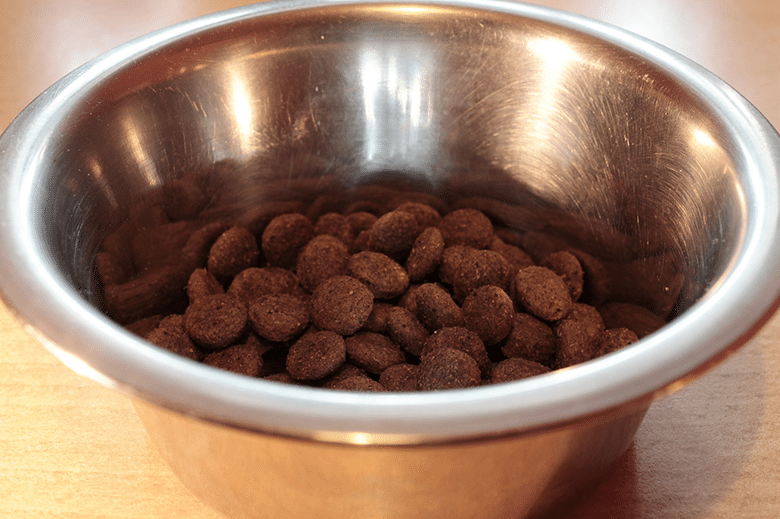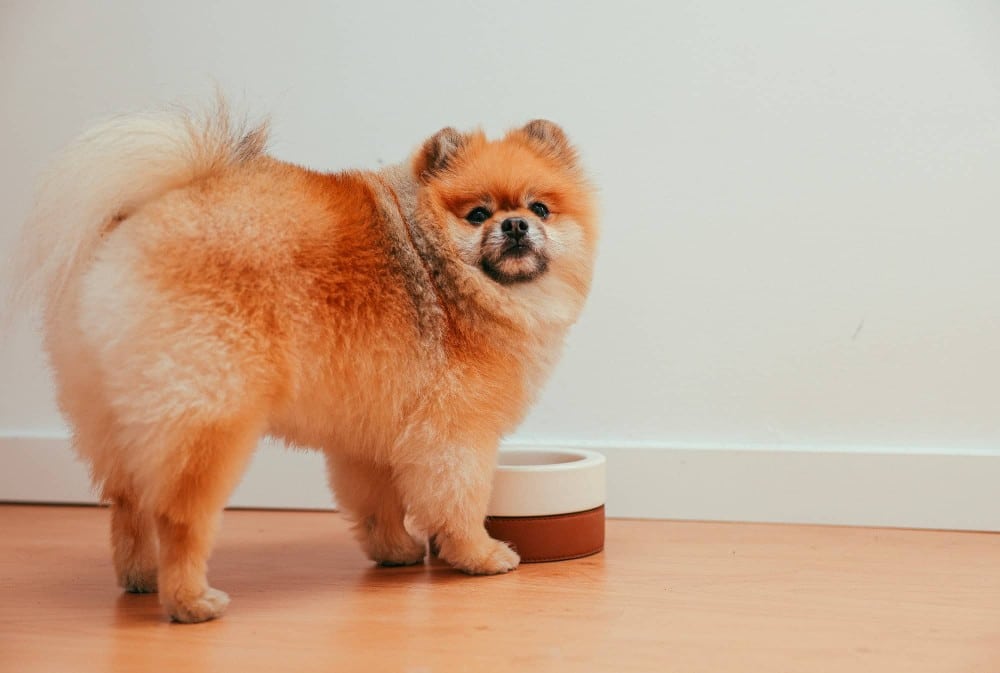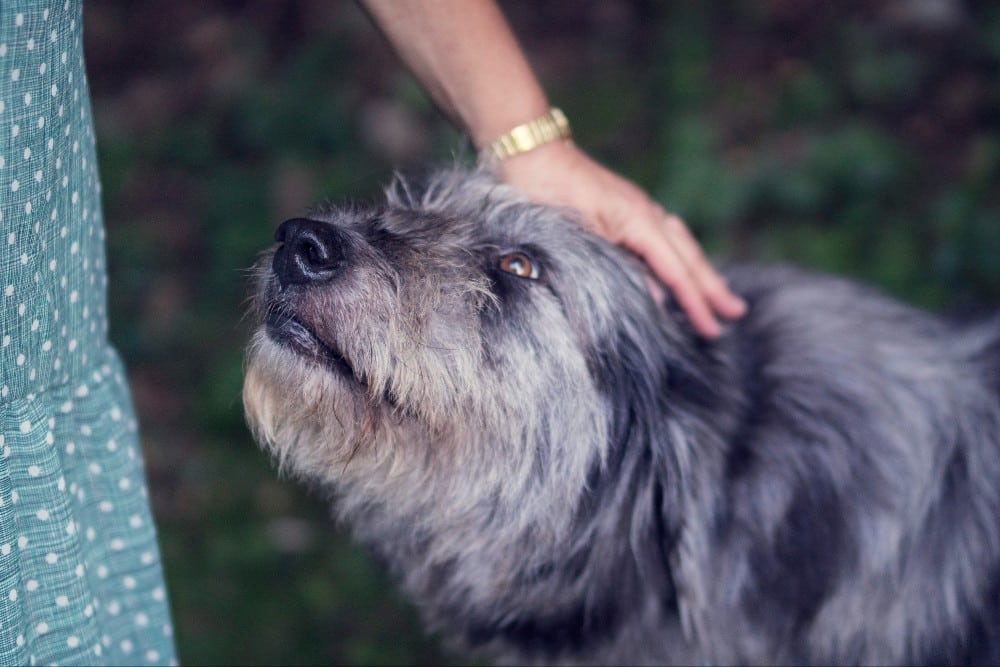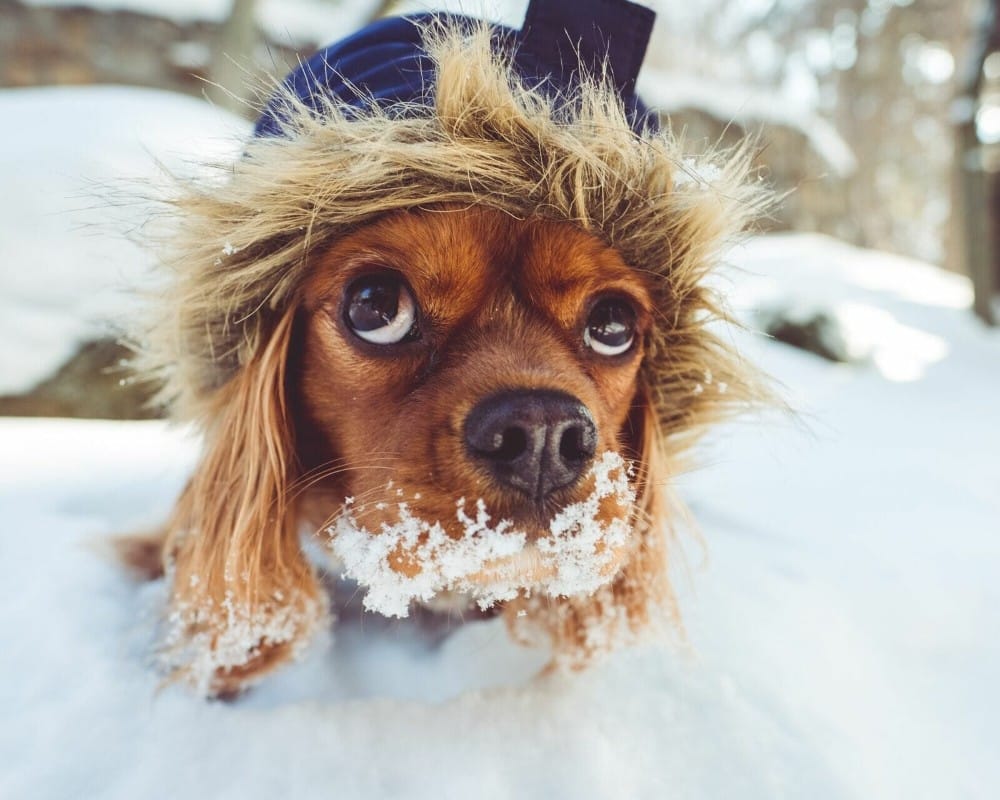When the food hits the bowl, dish cleanliness is probably the last thing on your dog’s mind. For discerning pup parents, keeping food and water free from contamination is a priority. But should you be concerned about what’s lurking in Fido’s dinner dish?
Maybe.
Certain diets, including raw food and commercial pet foods, can be prone to certain bacteria and parasites, like Salmonella, E.coli and Staphylococcus aureus. Coupling that with poor quality ingredients, sanitation and handling, the probability of bacteria getting into your dog’s food increases.
Related: Holiday Gift Guide: 10 Perfect Gifts for Dog Lovers
But dog’s digestive system tends to be pretty hardy.
“Remember that dogs in particular are more resistant to bacterial infection than humans when it comes to food sources,” veterinarian Dr. Cheever told This Dog’s Life. “They eat road kill and usually do just fine, after all.”
Still providing your pet with sanitary dishes is a smart and easy precaution you can take to reassure yourself that pooch isn’t ingesting anything she shouldn’t be. What’s more, sterilizing all pet dishes can help protect your family, especially if you have young children. Human digestive systems are more sensitive to bacteria than are canine digestive systems, and curious toddlers, exploring their worlds through taste and touch, are notoriously unconcerned about hygiene.
Veterinarian Dr. Linda Knox notes that washing food and water containers is a good idea but adds that owners needn’t be overly alarmed at the thought of dogs becoming sick after eating from germy surfaces.
Related: This Company Will Recycle Your Dog Food Bags for FREE and Create New Products From Them
“It’s logical to keep bowls clean, because they could get bacteria,” veterinarian Dr. Knox tells This Dog’s Life. “But I can’t necessarily document a case of illness” from this source. ”
So for most dog parents, there is no need to stress — just give those bowls a good regular scrubbing. Stainless steel bowls are easy to clean and are also sturdier than ceramic or plastic varieties.
Best practices? Give both food and water dishes a daily wash. Some dog caretakers opt to sterilize bowls in the dishwasher. A good soaking in very hot water will also do the trick. Whatever approach you should choose, avoid washing dog dishes in the same area where people dishes are cleaned, as the cross contamination could be potentially harmful to human residents.
Thankfully, sanitizing dishes is a simple task. And performed daily, it can reassure you that your whole family—both two- and four-legged—is safe from pathogens. Treat your dog as you would want to be treated, and take care to provide a bacteria-free dining experience.
Related: 7 Deadly Sins: The People Food You Should Never Feed Your Dog
Just remember that monitoring what goes in the bowl is even more critical to your dog’s health than cleaning what might be growing on it. From chocolate to avocados, plenty of human-friendly fare can cause serious illness in canines. Brush up on the foods that dogs should not eat, and make sure these table scraps never make their way to Spot’s dish.
We all just want to keep our dogs safe and happy, but at the end of the day, our canines are pretty sturdy souls.



















